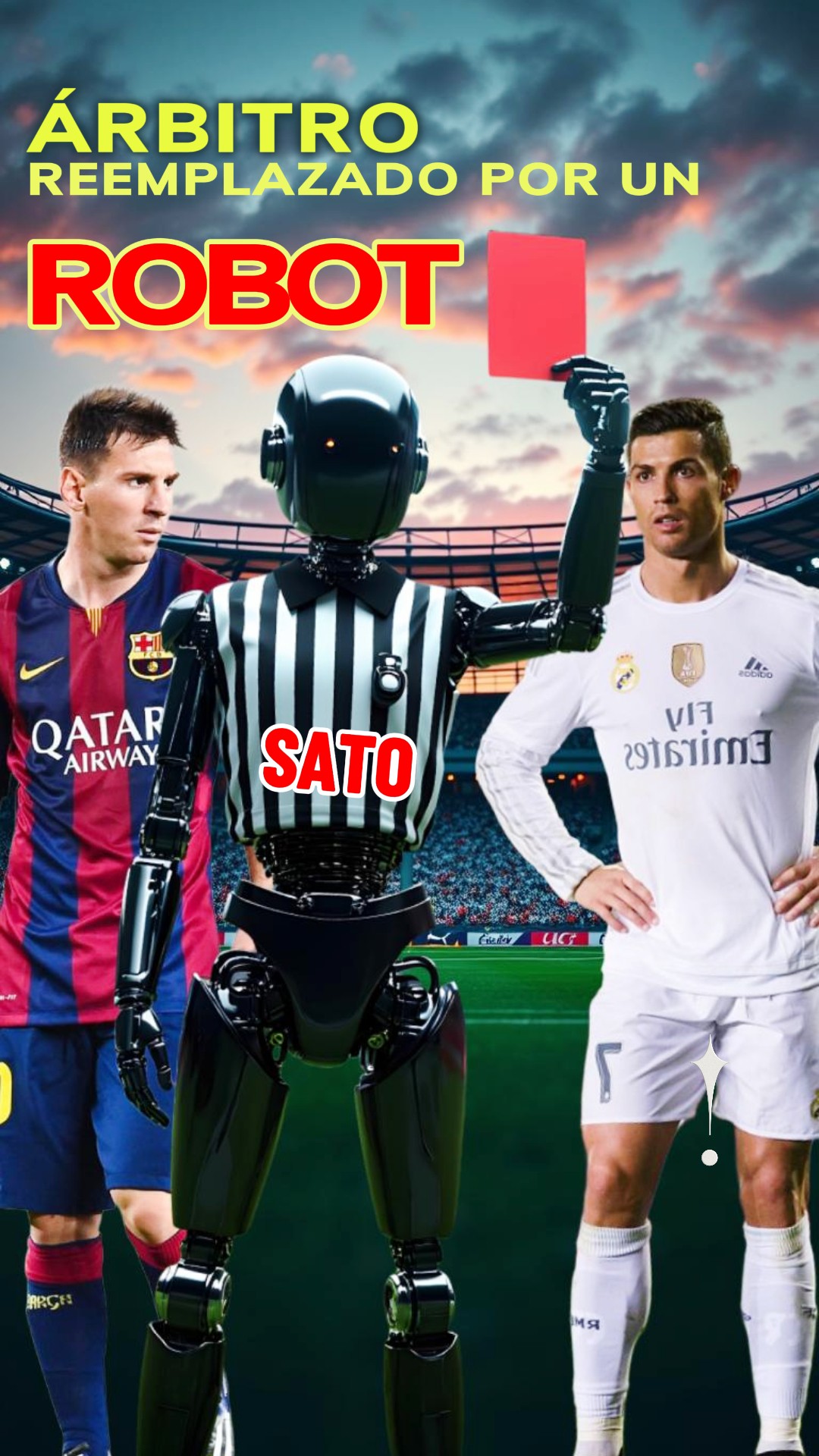AI in Football: Revolutionizing the Game in the UEFA Era

Artificial Intelligence (AI) is transforming the beautiful game in ways once unimaginable. From enhancing officiating to revolutionizing player performance analysis, AI is now an integral part of modern football. As witnessed in the debut of Semi-Automated Offside Technology (SAOT) in English football and its growing adoption in UEFA competitions, this digital revolution is reshaping the sport for players, coaches, and fans alike.
The Rise of Semi-Automated Offside Technology (SAOT)
Set to make its debut in the FA Cup fifth round on March 1–2, 2025, SAOT uses AI-based player tracking to deliver rapid and precise offside decisions. Initially trialed during the 2022 World Cup in Qatar, this technology has now been embraced by leagues worldwide to reduce human error and speed up match decisions. The system enhances both in-stadium experiences and broadcast quality by minimizing delays and providing accurate calls on the fly.
AI Applications in Modern Football
Officiating: Precision on the Pitch
AI-powered systems such as SAOT are revolutionizing officiating by tracking player movements in real time. These innovations enable referees to make split-second decisions with greater accuracy, ensuring that the spirit of fair play is maintained. UEFA competitions have also been exploring similar technologies to refine the quality of match decisions, further underscoring AI’s growing influence in officiating.
Player Performance Analysis: Data-Driven Success
Modern football clubs are increasingly relying on wearable technology to gather vital performance metrics. Devices like Playermaker attach sensors to players’ boots, collecting data on speed, distance, and ball interactions. This information helps coaches tailor training programs and monitor player fitness with unprecedented precision.
In addition, platforms such as aiScout leverage AI to analyze player performance and facilitate data-driven scouting and recruitment. By democratizing the scouting process, these tools offer clubs fresh insights and opportunities to discover emerging talent across the UEFA leagues.
Tactical Analysis: Smarter Game Strategies
AI assistants, including tools like TacticAI, analyze match data to identify patterns and suggest tactical adjustments. By providing coaches with actionable insights, these technologies allow for more informed decision-making during games. This tactical evolution is evident across various UEFA competitions, where teams increasingly rely on data to outsmart their opponents.
Fan Engagement: Enhancing the Viewing Experience
Broadcasters are now using AI to enrich the fan experience by integrating advanced statistics and real-time insights into live matches. For example, Amazon’s Prime Video employs features like “Defensive Alerts” and “Prime Targets” to provide viewers with in-depth analysis and dynamic visualizations. These enhancements are not only captivating audiences but also deepening their understanding of the game’s nuances, a trend that is rapidly spreading across UEFA’s broadcast platforms.
Challenges and Considerations
While the benefits of AI in football are substantial, its integration is not without challenges. Critics argue that an over-reliance on technology might undermine the game’s traditional human element. Concerns over the precision of offside decisions and the potential disruption of the game’s flow have sparked debates among pundits and enthusiasts alike. Moreover, the high costs associated with implementing cutting-edge technologies can pose significant barriers, especially for lower-tier clubs striving to compete with the giants of UEFA football.
The Current UEFA Football League and AI Integration
UEFA competitions are at the forefront of this technological evolution. Clubs participating in the UEFA Champions League, Europa League, and other UEFA tournaments are rapidly adopting AI-driven tools to gain competitive advantages. From advanced scouting systems and performance analytics to smart officiating solutions, UEFA’s landscape is evolving into a hub of innovation. This trend not only enhances the competitive edge of teams but also enriches the overall viewing experience for fans around the globe.
Conclusion
The integration of AI into football is more than just a technological upgrade—it is a revolution that is redefining every aspect of the game. From SAOT’s debut in English football to the widespread adoption of AI in UEFA competitions, technology is setting new benchmarks for officiating, performance analysis, tactical planning, and fan engagement. As stakeholders navigate the challenges of balancing tradition with innovation, one thing is clear: the future of football is intrinsically linked with the power of AI.
Embrace the change, and witness how technology is turning football into a smarter, faster, and more exciting sport for everyone.
